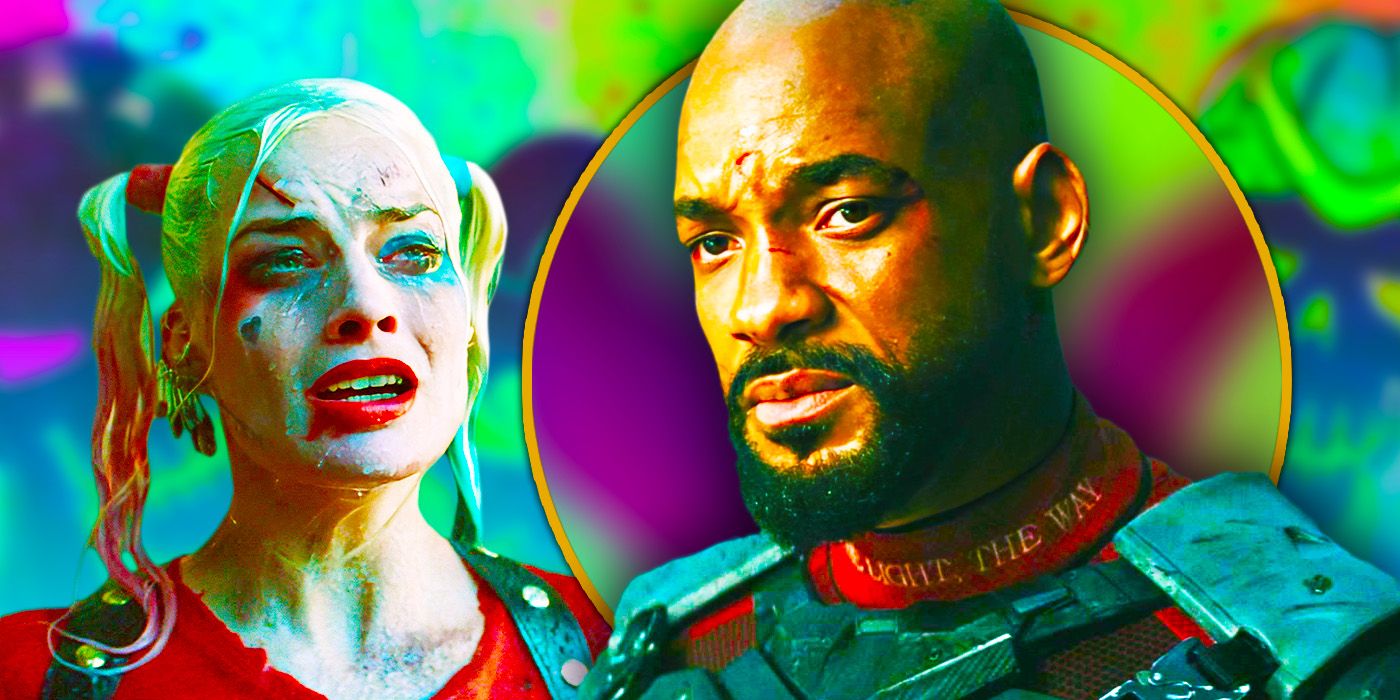Summary
- Recent superhero movies lack proper creative visions and suffer from excessive studio oversight, according to director David Ayer.
- Superhero movies should go back to their roots of telling stories about outsiders with good hearts trying to fix the world.
- The assembly-line-like style of filmmaking and oversaturation of the genre have contributed to superhero fatigue among audiences.
With both the final DC Extended Universe installments and recent Marvel Cinematic Universe releases struggling at the box office, Suicide Squad director David Ayer shares his thoughts on their real problems. Ayer’s brief tenure in the former Warner Bros. superhero franchise is one of infamy as the villain team-up movie underwent extensive behind-the-scenes editing to retool the movie in the hopes of capturing a lighter tone to set it apart from Zack Snyder’s prior releases. Though a box office hit upon release, the movie was ultimately derided by critics for its choppy story and direction and inconsistent tone.
While speaking with Screen Rant for the Jason Statham-led action-thriller The Beekeeper, Ayer was asked if he had any advice for those looking to get into the superhero moviemaking business. After jokingly advising them to “run“, the Suicide Squad director ultimately lamented that many of the struggles for recent DC and MCU movies have stemmed from a lack of proper creative visions and studio oversight, feeling that there is “an amazing new generation of storytellers” who can get the genre back on track. Check out what Ayer shared below:
Uh, run. … No, I think it’s like anything else. It’s character. It’s character, right? A lot of superhero movies these days have been really jokey and really kind of silly, and I think we’ve got to go back to the roots where it was always stories about fixing the world, you know. It was always stories about outsiders that have always been rejected by society who, no matter what, have got good hearts and are going to try to fix things. I think there’s an amazing new generation of storytellers, there’s a lot of new tools out there. And, really, they just need permission to tell their stories.
What Is The Real Problem With Recent MCU & DC Releases?
Even before Ayer came on board for the now-ended DCEU, the franchise was getting off to a rocky start, with both Man of Steel and Batman v Superman: Dawn of Justice largely criticized for its attempts to quickly catch up to the MCU by rushing its setups for the Justice League movie. Suicide Squad was an early warning sign of the struggles that the franchise would encounter leading to its eventual downfall as WB started putting greater oversight on the movies in the hopes of closer matching the tone and success of the Disney-owned franchise. Justice League was infamous for its mid-production reshoots lightening its tone that ultimately made the movie an inconsistent mess, alienating critics and audiences alike.
The MCU, on the other hand, got off to a strong start even with Kevin Feige’s oversight, only implementing some requirements for the individual movies to set up the future while still allowing the creative teams to tell their own stories. More recently, however, the franchise has begun to struggle not only from the sheer weight of worldbuilding it’s set up with the past, but also its efforts to focus on pushing the story towards the next two Avengers movies. Rather than having its next big bad, Kang the Conqueror, as a looming threat in the background, much of its recent releases have instead put him in the spotlight, namely Ant-Man and the Wasp: Quantumania, which saw him defeated, and both seasons of Loki.
This assembly-line style of filmmaking has only further exacerbated the feeling of superhero fatigue among audiences in recent years.
James Gunn’s impending DCU reboot definitely didn’t help spark interest in the likes of The Flash, Blue Beetle, Shazam! Fury of the Gods and Aquaman and the Lost Kingdom as it became unclear just how important they’d be to the next franchise’s canon, but with the genre becoming oversaturated and studio oversight feeling more and more obvious with every new release, Ayer’s belief of taking a step back and letting storytellers retain their own visions might be necessary for getting the genre back on track.










